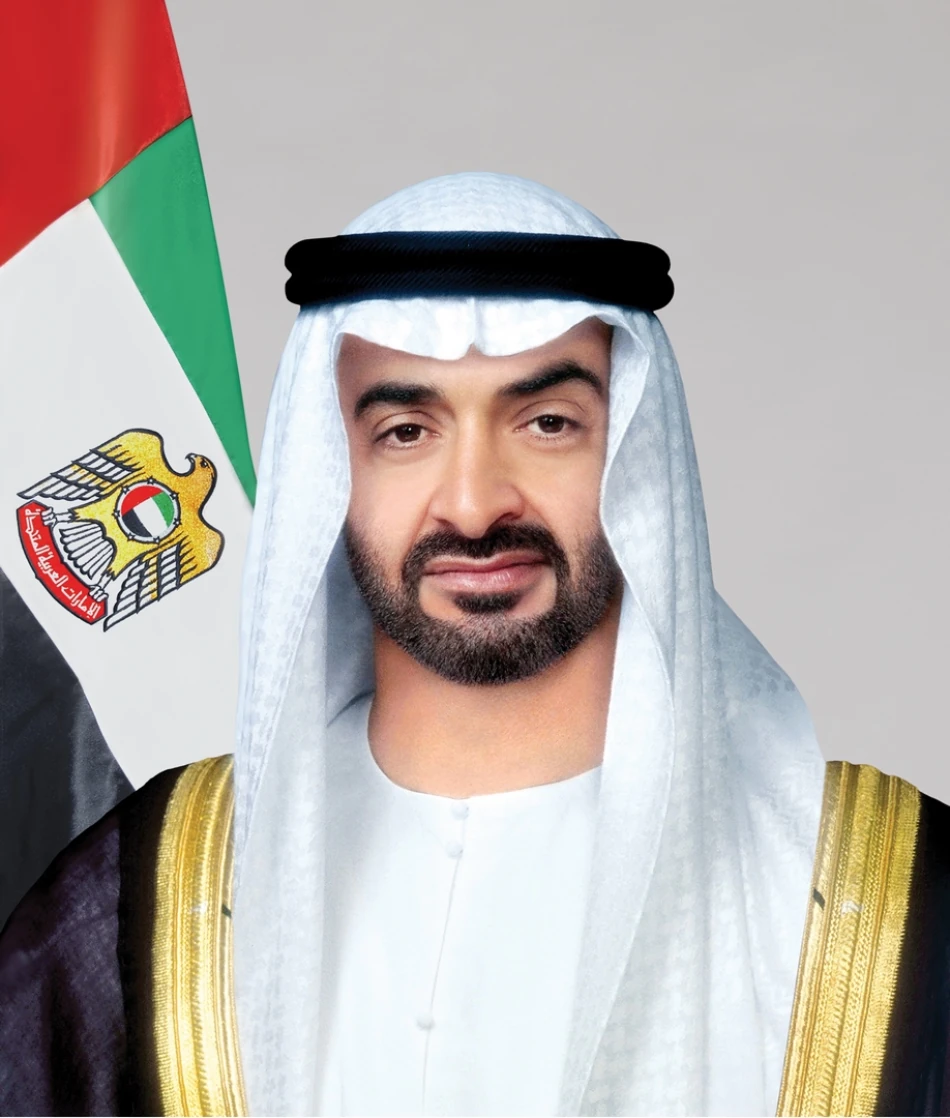
UAE Leader Congratulates Azerbaijan and Armenia on Landmark Peace Deal
UAE President Hails Historic Armenia-Azerbaijan Peace Deal as Regional Stability Milestone
UAE President Sheikh Mohammed bin Zayed Al Nahyan has congratulated the leaders of Armenia and Azerbaijan on their historic peace agreement signed at the White House, marking a potential turning point for the volatile Caucasus region. The Emirati leader's endorsement underscores the UAE's growing diplomatic influence and commitment to conflict resolution in strategically important regions.
Presidential Endorsement Signals Regional Optimism
In a post on X (formerly Twitter), Sheikh Mohammed bin Zayed praised both Azerbaijani President Ilham Aliyev and Armenian Prime Minister Nikol Pashinyan for reaching the landmark agreement. He specifically commended the role of the United States and President Donald Trump in facilitating the breakthrough, expressing hopes that the deal would open new chapters of productive relations between the two nations.
The UAE president emphasized that his country "supports every step toward peace and stability in the world" and advocates for diplomatic solutions to conflicts as pathways to prosperity for all parties involved.
Strategic Implications for the Caucasus
Breaking Decades of Hostility
The Armenia-Azerbaijan conflict, rooted in territorial disputes over Nagorno-Karabakh, has plagued the South Caucasus for over three decades. The recent peace agreement represents a significant diplomatic achievement in a region that has witnessed multiple wars, including the devastating 2020 conflict that resulted in thousands of casualties and displaced tens of thousands of civilians.
Economic Opportunities Emerge
For investors and regional stakeholders, the peace deal opens substantial economic possibilities. Azerbaijan's energy resources and Armenia's strategic position as a transit corridor could create new trade routes and investment opportunities. The stabilization of this corridor is particularly significant for European energy security, as it provides alternative pathways for Caspian energy resources to reach Western markets.
UAE's Expanding Diplomatic Footprint
The UAE's vocal support for the Armenia-Azerbaijan peace process reflects the country's broader strategy of positioning itself as a mediating force in regional conflicts. This approach mirrors successful UAE diplomatic initiatives in other regions, including its role in the Abraham Accords and its mediation efforts in various African conflicts.
The timing of this endorsement is particularly noteworthy, as it demonstrates the UAE's commitment to supporting US-led diplomatic initiatives while building bridges across different regions. This strategy has proven effective in enhancing the UAE's international standing and creating new economic partnerships.
Broader Regional Impact
Caucasus Stability Benefits Multiple Stakeholders
The peace agreement carries implications beyond the immediate parties involved. For Turkey, Azerbaijan's key ally, the deal potentially reduces military expenditure and allows focus on economic cooperation. For Iran, which shares borders with both countries, stability reduces the risk of refugee flows and border tensions.
Russia, traditionally the dominant external power in the Caucasus, may view the US-brokered agreement with mixed feelings, as it potentially reduces Moscow's role as the primary conflict mediator in the region.
Energy Market Implications
The stabilization of Armenia-Azerbaijan relations could accelerate energy infrastructure projects, including pipeline expansions and new transportation routes. This development aligns with European efforts to diversify energy supplies and reduce dependence on traditional sources, potentially creating new market dynamics in the global energy sector.
The UAE's endorsement of this peace process signals confidence in diplomatic solutions over military interventions, a approach that could influence how other regional powers engage with similar conflicts. As the Caucasus moves toward stability, the economic and strategic benefits are likely to extend far beyond the immediate region, creating opportunities for international investors and contributing to broader Eurasian connectivity projects.
Most Viewed News

 Sara Khaled
Sara Khaled






